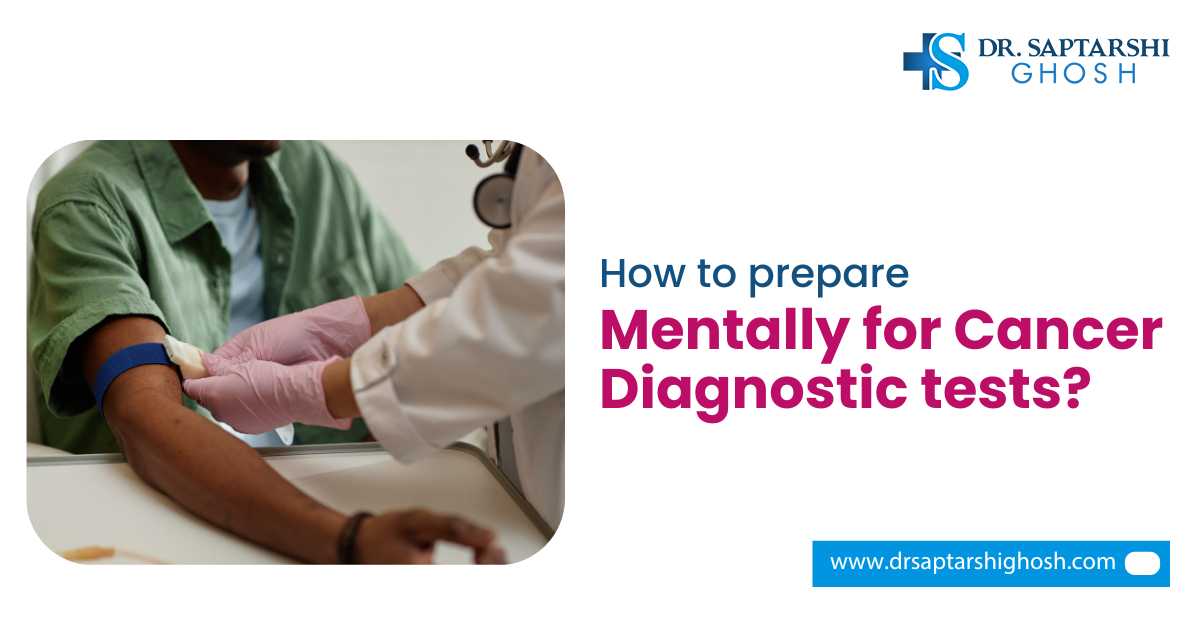Yes, receiving immunotherapy may cause discomfort. Immunotherapy medication injections via the skin may result in discomfort at the injection site. Weeks or months after treatment begins, the immunotherapy may induce discomfort and inflammation in other body parts.
Immunotherapy
Immunotherapy is a cancer treatment that locates and eliminates cancer cells by stimulating your body's immune system. To keep you healthy, your immune system recognizes and eliminates pathogens and aberrant cells, among other dangerous things.
However, cancer cells are adept at evading the immune system's defenses. In the absence of therapy, cancer cells may increase and spread.
Immunotherapy in Siliguri aims to strengthen your immune system to destroy cancerous cells in your body. It boosts your body's ability to fight cancer by increasing the production of immune cells that fight cancer by your immune system.
It also supports your body's production of immune cells that fight cancer and can find and eliminate cancer cells. Because it boosts your immune system, immunotherapy is a successful treatment for many types of cancer. When receiving immunotherapy, the following issues might affect most patients, although they are manageable.
Fatigue
A typical adverse effect of several cancer therapies, including immunotherapy, is feeling weary. Odd as it may seem, sleeping as much as you want increases your level of fatigue. Keep daytime naps under an hour. To increase energy, try taking quick walks and doing some mild exercise.
To stay strong, maintain a nutritious diet with lean protein and drink at least eight glasses of water daily. Look for strategies to reduce stress: Draw, converse with a buddy, or listen to music. Numerous items may assist you in recharging.
Fever
You may usually reduce a 100.5 F or higher fever with over-the-counter non-steroidal anti-inflammatory medicines (NSAIDs), such as ibuprofen, but be sure to see your doctor first. NSAIDs may exacerbate pre-existing medical conditions, such as bleeding disorders.
Flu
Certain immunotherapy medications may induce influenza-like symptoms. In addition to a fever, you can also have weakness, dizziness, headaches, nausea, pains in your muscles or joints, and chills. Additionally, some have diarrhea, a dry cough, and a runny nose.
Signs That Immunotherapy Is Effective
A constant or diminishing tumor generally indicates an excellent response to immunotherapy. It is unclear exactly how immunotherapy side effects and treatment outcomes are related, however, symptoms like inflammation may indicate that immunotherapy is affecting the immune system. Many people who benefit from immunotherapy have no adverse effects at all.
The patient will see their doctor for routine checks both during and after immunotherapy. The doctor may request laboratory testing to look for abnormal cells or tumor markers in blood samples, urine, and other body fluids or tissues, in addition to physical examination and asking how the patient feels. The doctor may also order diagnostic scans to determine a tumor’s size.
There is no one-size-fits-all approach to immunotherapy in Siliguri. Instead, it depends on how robust your immune system is. Similarly, you can never predict what adverse consequences you may encounter.
Depending on the kind of cancer you have, where it is situated in your body, and how well you are overall, your experience may vary. Your particular immunotherapy regimen and dose also matter. Find out anything from your oncologist that will likely influence your experience.




